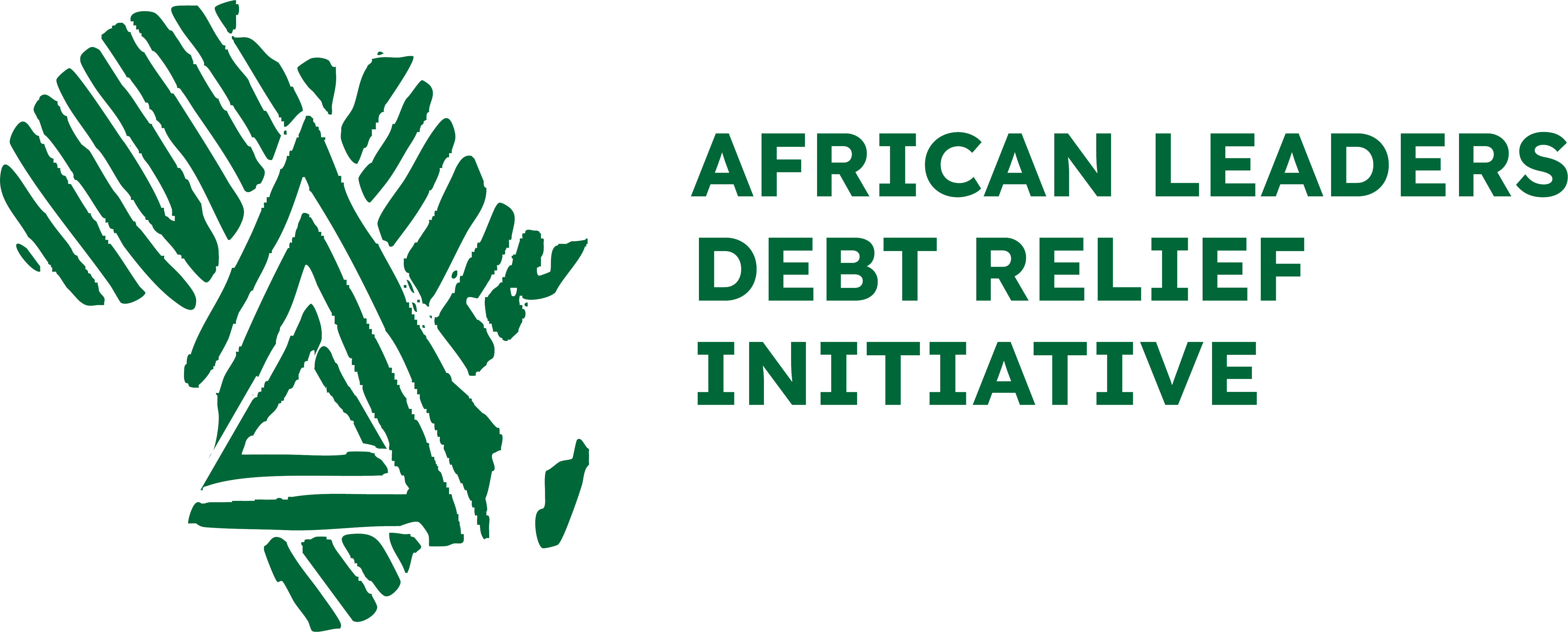Confronting Debt and Climate Pressures – H.E. Hailemariam Desalegn Boshe in Conversation with Nicole Goldin

On October 14, Nicole Goldin, Senior Fellow at the Atlantic Council’s GeoEconomics Center and Head of Equitable Development at the UN University Centre for Policy Research (UNU-CP), sat down with H.E. Hailemariam Desalegn Boshe, former Prime Minister of Ethiopia, for a timely discussion on sovereign debt, sustainable growth, and climate resilience in Africa.
The conversation took place in Washington D.C. at the Atlantic Council, as part of a special side event held alongside the 2025 IMF/World Bank Annual Meetings. The event was co-hosted by the Heinrich Böll Foundation, the SOAS Centre for Sustainable Finance, and the Atlantic Council GeoEconomics Center.
Key Aspects of the Conversation
Hailemariam Desalegn offered an in-depth assessment of today’s global geoeconomic landscape, describing a world marked by “mutually reinforcing shocks” – including climate disasters, geopolitical tensions, and the lingering effects of COVID-19. He pointed out that these crises are “converging” in ways not seen before. These overlapping crises, he argued, are hitting developing economies hardest, especially in Africa, where extreme weather events and high borrowing costs are constraining governments’ ability to invest in growth and human capital.
At the heart of the exchange was the African Leaders Debt Relief Initiative (ALDRI), which Desalegn is a member of. He emphasized the need for greater coordination among creditors – public, private, and multilateral – and for a debt framework that integrates climate risks and resilience financing. As Desalegn highlighted, the existing international financial architecture does not yet reflect the realities of climate-driven shocks that directly affect macroeconomic stability in developing countries.
On domestic policy, Desalegn stressed that African nations must also “put their house in order”: improve financial management, broaden the tax base, strengthen procurement transparency, and curb illicit financial flows. Yet, he was equally clear that responsibility must be shared globally, as no amount of good governance can shield well-managed countries from climate-related or external shocks.
The conversation captures a pivotal moment in the debate on how to reconcile debt sustainability with climate adaptation and equitable growth. Desalegn’s remarks underline that investment, transparency, and partnership must go hand in hand to ensure that the financial system supports – not hinders – Africa’s ability to invest in its people and its resilience.
The full recording of the event can also be accessed here.
